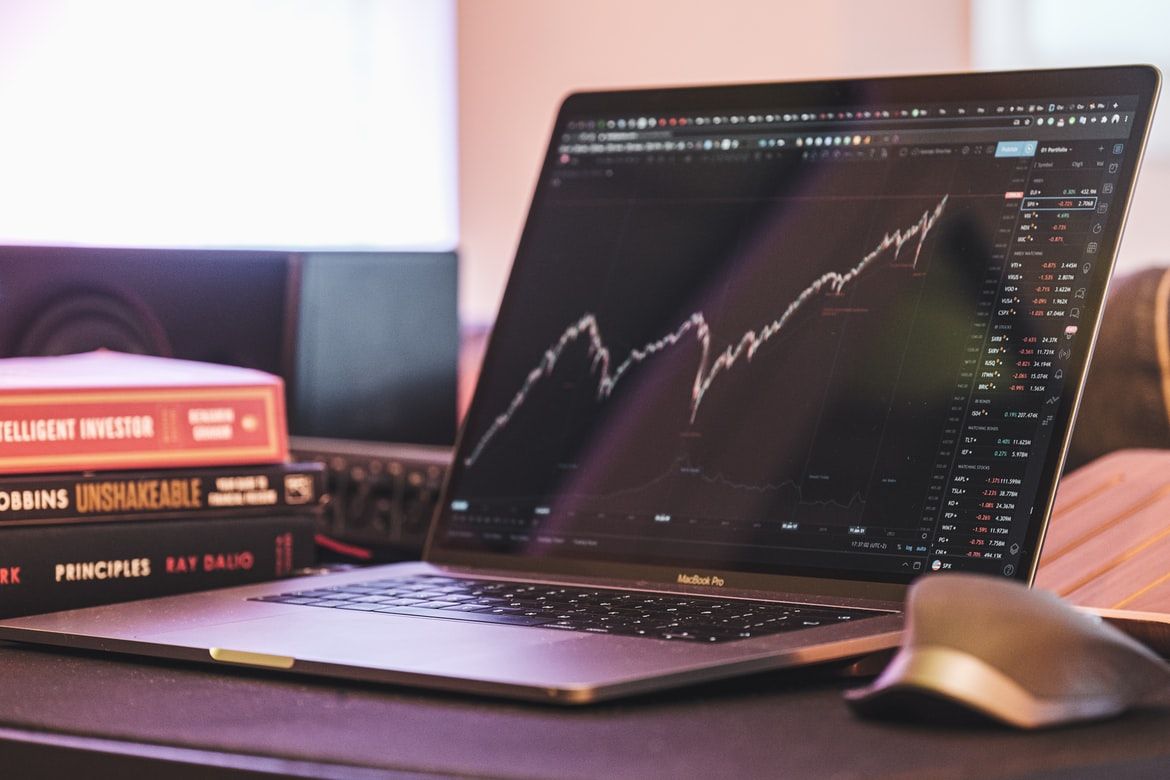Foreign institutional investors (FIIs) sold shares worth a net Rs 1,265.41 crore, while domestic institutional investors (DIIs) bought shares worth a net Rs 2,148.95 crore in the Indian equity market on May 20, as per provisional data available on the NSE.
Also Read | Trade Setup: Top 15 things to know before market opens on May 23, 2022
In the month of April 2022, FIIs sold shares worth a net Rs 40,652.71 crore while DIIs bought shares worth a net Rs 29,869.52 crore.
Also Read| India wants regulators to allow 30% coal import
Sensex rose 1534.16 points or 2.91% to 54,326.39 and Nifty was up by 456.75 points or 2.89% to 16,266.15 on Friday.
Also Read| Explained: How the crypto landscape has changed in India
Sensex touched a high and low of 54,396.43 and 53,403.29, respectively. All the 30 stocks advanced on the index.
Also Read| Explained: Impact of Indonesia’s palm oil ban on India
Nifty traded in a range of 16,283.05 and 16,003.85. There were 48 stocks advancing against 2 stocks declining on the index.
Also Read| Economists expect more aggressive rate hikes from RBI after hawkish minutes
FII stands for ‘foreign institutional investor,’ and refers to an investment fund or an investor who puts their money into a country’s assets while being headquartered outside of it.
Also Read| NTPC Q4 Results: Net profit grows 14% to Rs 5,167 crore, revenue rises 25%
In India, this is a commonly used term to refer to outside entities contributing to the country’s financial markets by investing.
Also Read| China’s banks slash key interest rates to boost ailing economy
On the other hand, ‘DII’ stands for ‘domestic institutional investors.’ Unlike FIIs, DIIs are investors that invest in the financial assets and securities of the country they are currently residing in.
Also Read| Sensex, Nifty up over 2% on china interest rate cut
These investment decisions of both FIIs and DIIs are impacted by political and economic trends. Additionally, both types of investors — foreign institutional investors (FIIs) and domestic institutional investors (DIIs) — can impact the economy’s net investment flows.







